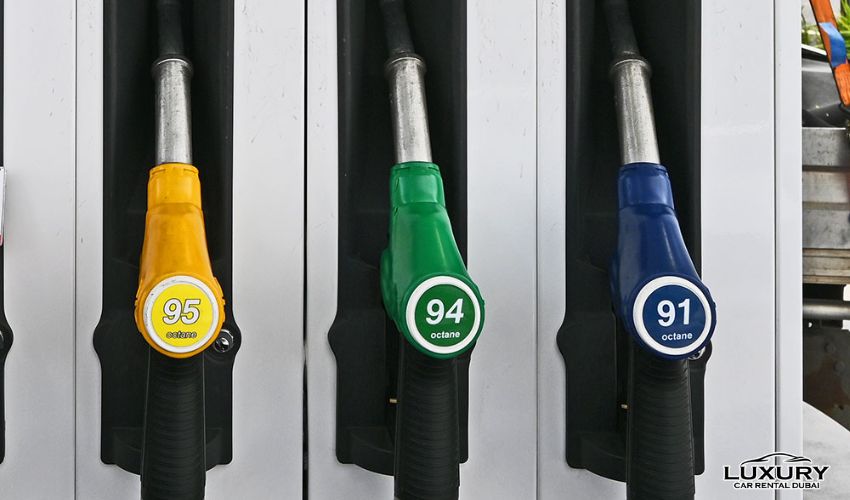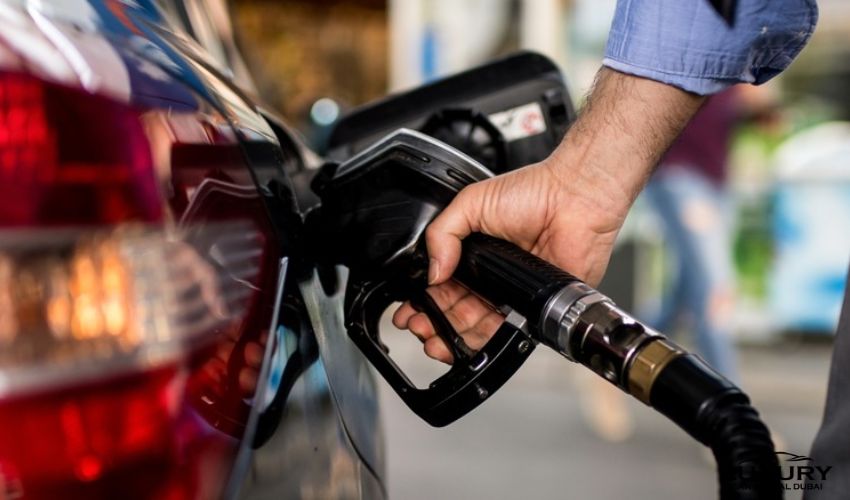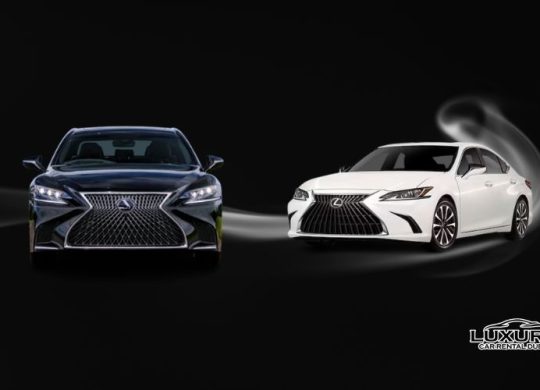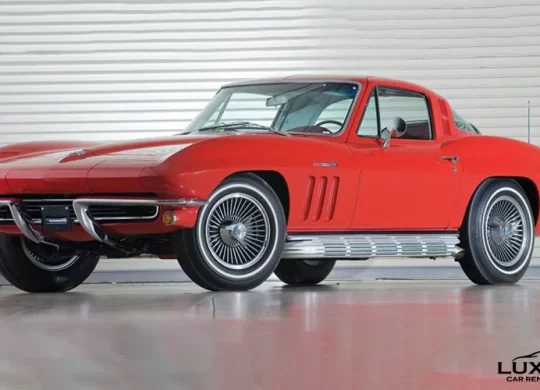How Regular Gas Causes Engine Knocking and Pinging?
Regular gas causes engine knocking and pinging because it has a lower octane rating, which makes it less resistant to premature combustion. In high-compression engines, like those in luxury cars, the fuel-air mixture can ignite too early, creating a knocking sound even if you drive on the best roads in the UAE.
Thus, this premature ignition disrupts the engine’s smooth operation, leading to reduced performance and potential damage. The knocking occurs because the fuel burns unevenly, causing pressure waves that collide within the cylinder. Over time, this can harm engine components, reducing efficiency and longevity.
How Modern Engines of Luxury Cars Adjust to Lower Octane Fuel?
Modern luxury car engines adjust to lower octane fuel using advanced engine control units (ECUs) and knock sensors. The ECU monitors engine performance and detects knocking through the knock sensors.
When knocking is detected, the ECU retards the ignition timing, delaying the spark plug firing to prevent premature combustion. Therefore, this adjustment reduces the risk of engine damage but can lead to decreased performance and fuel efficiency. Moreover, the ECU may alter the air-fuel mixture to further mitigate knocking.
Is It Safe to Mix Different Octane Fuels for a Luxury Car?

Mixing different octane fuels in a luxury car is generally safe but not ideal. The resulting octane level will be an average of the mixed fuels, which may not meet the car’s premium fuel requirement.
Consistently using a lower octane mix can lead to engine knocking, reduced power, and potential long-term damage. For optimal performance and longevity, it is best to use the recommended octane fuel specified by the manufacturer.
What are the Benefits of Using Premium Fuel for a Luxury Car?
- More efficient engine combustion due to a higher octane rating of premium fuel.
- Optimized engine performance, leading to better mileage.
- Premium fuel contains high-quality detergents to keep the engine clean and reduce the risk of wear and tear.
- Maximum power and acceleration as luxury cars perform best with premium fuel.
How Do You Check Your Luxury Car’s Fuel Requirements?
- Read the owner’s manual for specific fuel recommendations.
- Look at the fuel cap or inside the fuel door for fuel type information.
- Visit the car manufacturer’s website for detailed fuel specifications.
- Contact your dealership for expert advice on fuel requirements.
What If You Have Already Used the Regular Gas in Your Luxury Car?
If you have already used regular gas in your luxury car, don’t worry. Modern engines can handle the occasional use of lower-octane fuel without immediate damage. However, you might notice reduced performance or slight knocking. Remember, refill with the recommended premium fuel as soon as possible to restore optimal performance.



